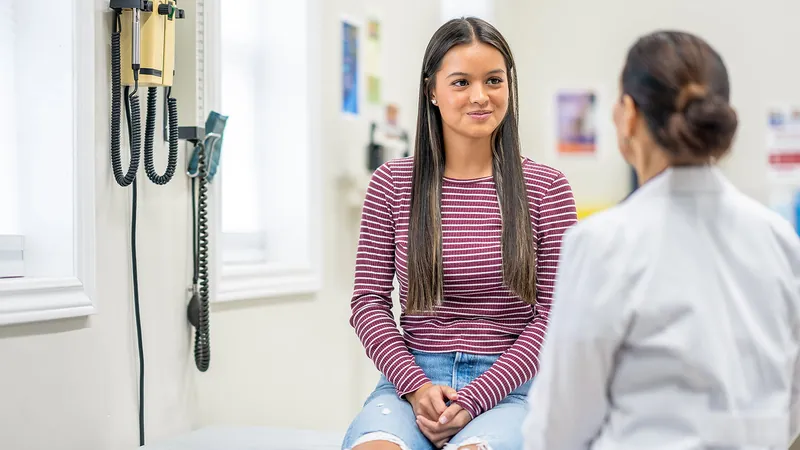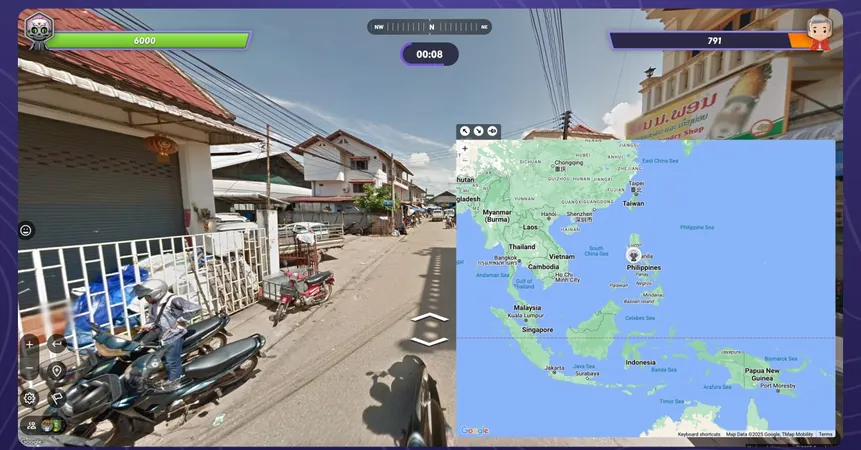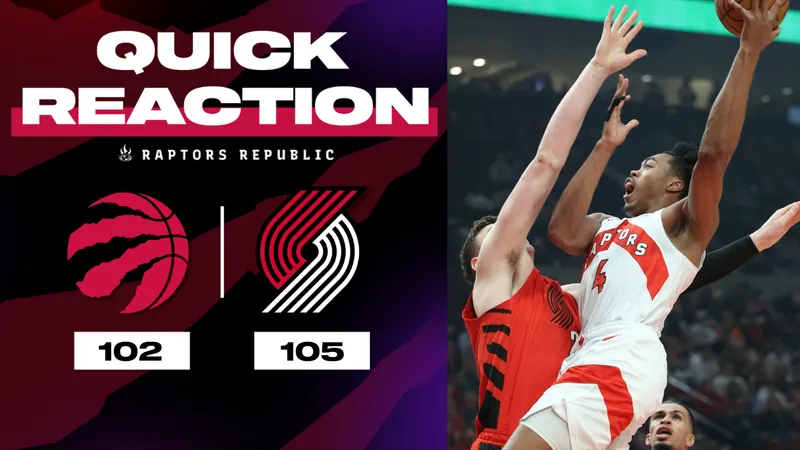
Empowering Teens: How Conversation Cards are Revolutionizing Health Discussions
2025-03-25
Author: Michael
Empowering Teens: How Conversation Cards are Revolutionizing Health Discussions
Teenagers may soon find taking charge of their health as simple as drawing a card. At the University of Alberta, researchers have created an innovative deck of conversation starters intended for health care settings, specifically designed to engage adolescents during medical appointments.
Geoff Ball, a pediatric professor and researcher involved in this groundbreaking project, underscores the importance of these "Conversation Cards for Adolescents." "They serve as a prompt and tool for teens whose minds may be elsewhere," he explains. The aim is to guide them into discussing meaningful topics, potentially transforming health dialogues between teenagers and clinicians.
Maryam Kebbe, the first author of the study and a former PhD student under Ball, emphasizes how crucial it is for adolescents to feel in control of their health. "These cards offer a unique opportunity for teenagers to take ownership of their medical conditions and make informed health decisions,” she says.
Building on the success of the original CONversation Cards, which aimed to facilitate discussions between parents and their children about weight management, the new cards take a broader approach. Kebbe conducted in-depth interviews with several teenagers to shape messages that resonate with this specific demographic.
"They're a unique group, and certain engagement techniques are more effective," she notes. "We aimed for a conversational atmosphere to better understand their perspectives." The resulting deck features 45 cards categorized into seven themes: nutrition, physical activity, sedentary behavior, sleep, mental health, relationships, and interactions with health care providers.
In a study conducted at the Northeast Community Health Centre, a group of 31 teens aged 13 to 17 were involved in goal-setting exercises with healthcare professionals. Half of these participants were given access to the conversation cards during their wait, leading to overwhelmingly positive feedback. A remarkable 71% stated the cards helped them make better health decisions, while 86% reported the cards effectively spotlighted factors influencing their behaviors.
Kebbe states, “Adolescence is a critical transition. They are no longer children, yet not quite adults. Engaging in these health discussions can be incredibly empowering." The results were compelling; 57% of participants noted improved rapport with their health care provider after using the cards, with 73% expressing eagerness to use them in future appointments, and 86% recommending them to other teens.
While further research is necessary to determine whether these cards lead to lasting behavioral changes, the initial feedback signals a promising shift towards adolescent-centered health care. Researchers are optimistic not only about the cards' applications in clinical settings but also their potential use in schools and counseling offices, indicating a future where teens feel more equipped to navigate their health journeys.
This innovative approach to adolescent health is a positive sign of change, proving that sometimes, healing begins with just a simple conversation—one card at a time. Have you ever wished for a way to communicate better about health? Could these conversation cards be the answer? Stay tuned as we follow their impact!









 Brasil (PT)
Brasil (PT)
 Canada (EN)
Canada (EN)
 Chile (ES)
Chile (ES)
 Česko (CS)
Česko (CS)
 대한민국 (KO)
대한민국 (KO)
 España (ES)
España (ES)
 France (FR)
France (FR)
 Hong Kong (EN)
Hong Kong (EN)
 Italia (IT)
Italia (IT)
 日本 (JA)
日本 (JA)
 Magyarország (HU)
Magyarország (HU)
 Norge (NO)
Norge (NO)
 Polska (PL)
Polska (PL)
 Schweiz (DE)
Schweiz (DE)
 Singapore (EN)
Singapore (EN)
 Sverige (SV)
Sverige (SV)
 Suomi (FI)
Suomi (FI)
 Türkiye (TR)
Türkiye (TR)
 الإمارات العربية المتحدة (AR)
الإمارات العربية المتحدة (AR)